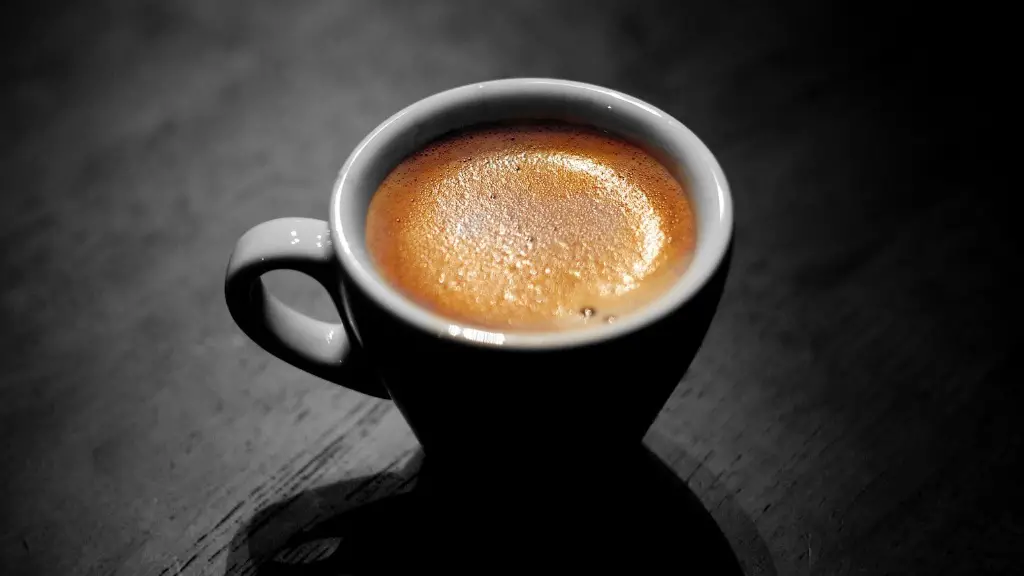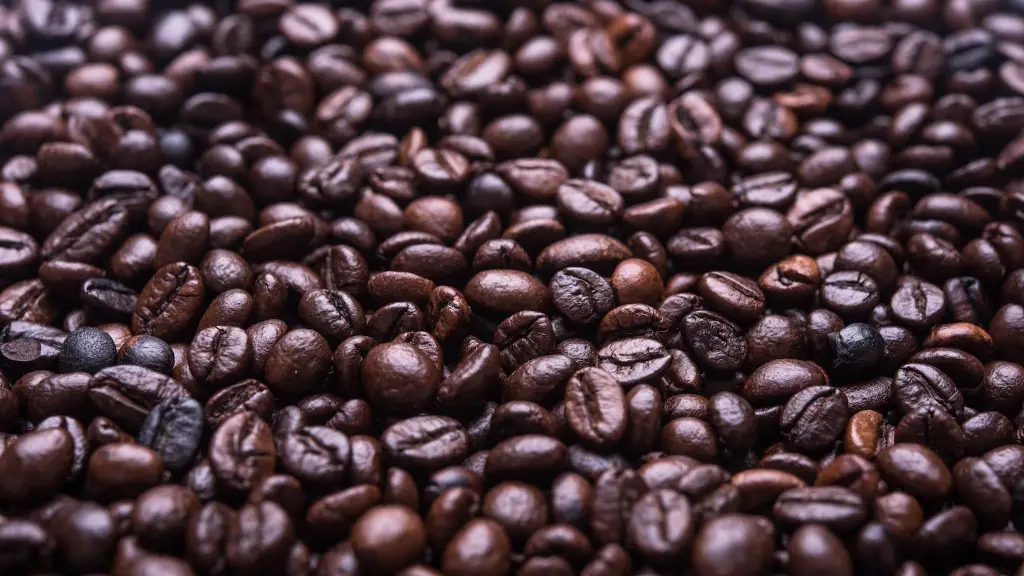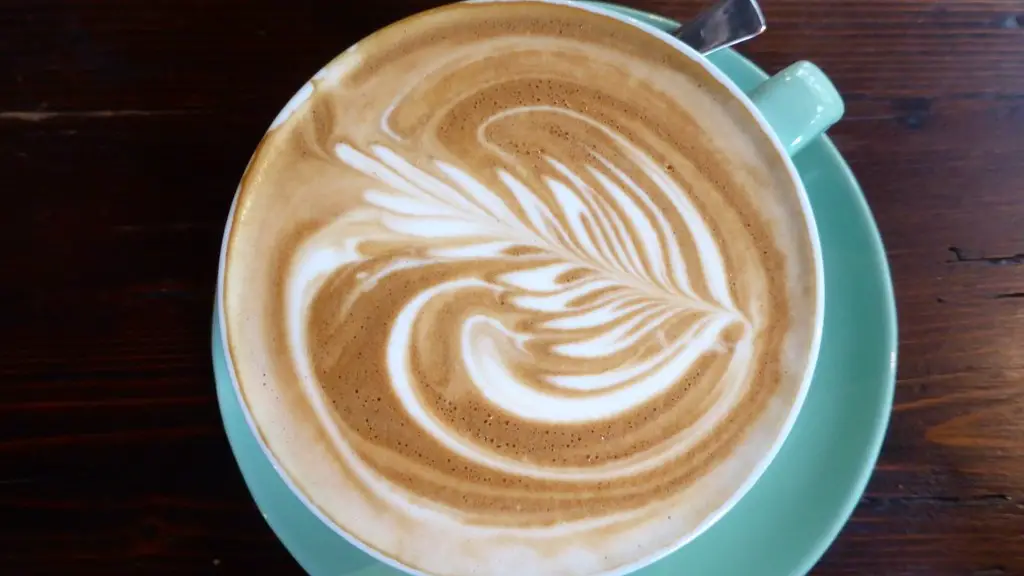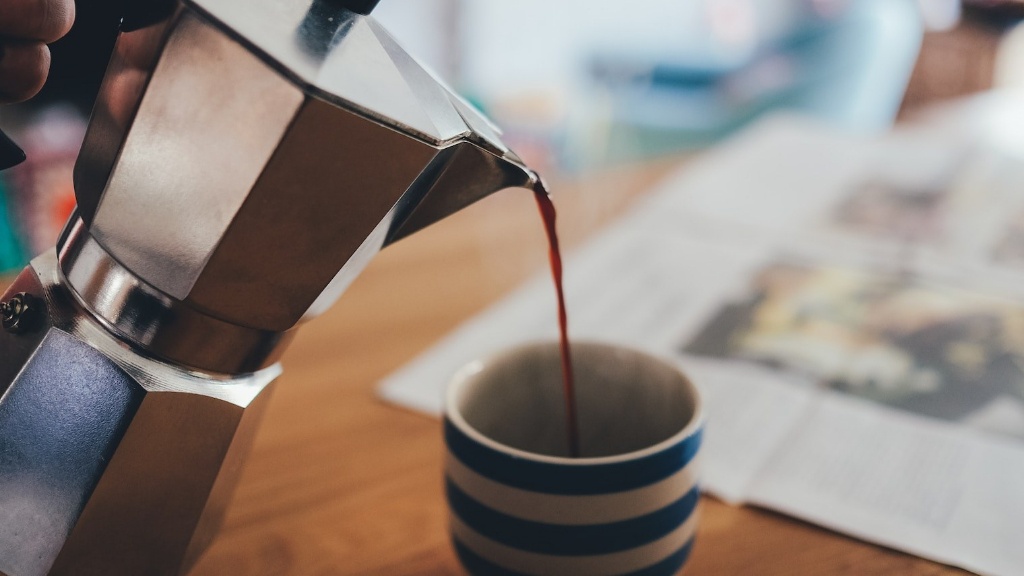The Benefits of Coffee during Intermittent Fasting
Intermittent fasting is a health and nutrition trend that promises to transform not just your physical body, but also your mental clarity, productivity and overall quality of life. It involves forgoing food for a certain period of time, largely for the purpose of fasting and cleansing the body. Fasting can take many forms but often involves limiting your eating times to within an 8-hour window and going a full 16 hours without eating, allowing the body to access its stored energy. While there can be health benefits to drinking coffee during this 16-hour fast, there are things to consider before adding it to your intermittent fasting routine.
Coffee can provide many benefits beyond providing a boost of energy. Studies have shown that it can help to increase metabolic rate and burning of fat, due to the caffeine content. It is also a rich source of antioxidants, which can help to protect the body from the oxidative damage caused by aging and environmental factors. Additionally, the natural compounds found in coffee can have a positive effect on blood sugar control, keeping it stable throughout the day.
It is important to note that drinking coffee during a 16-hour fast could have a negative impact on the overall results. This is because the caffeine can cause a spike in blood sugar levels, which could lead to disruptions in metabolism and increase the release of insulin. Additionally, it can also cause an increase in hunger and cravings, making it harder to stay on a strict intermittent fasting schedule.
If you choose to drink coffee during intermittent fasting, it is important to pay attention to the type you choose. Black coffee is generally the best option, as it contains no sugar and contains low levels of other ingredients which could affect blood sugar levels. Adding cream, sugar or other ingredients can raise the sugar levels, so it is important to opt for a simple, black coffee when possible. You should also try to limit your intake to just a couple of cups a day.
When engaging in an intermittent fasting routine, it is important to make sure that you are getting enough of the essential nutrients and vitamins that your body needs to function optimally. Be sure to eat a balanced, nutrient-dense diet as part of your intermittent fasting routine, and to get plenty of rest, exercise, and relaxation. Drinking coffee can help to give you the extra energy needed for a longer fast, but should be done with caution and moderation.
Timing of Coffee Consumption
When choosing to drink coffee during intermittent fasting, timing is important. Try to drink the coffee right after your fast is over and not before. This will help to ensure that it is not affecting your blood sugar levels while fasting. Additionally, it is important to be aware of thehalf-life of caffeine in the body which is typically around five to six hours. This means that if you drink coffee mid-way through your fast, it is likely that you will still be feeling the effects of the caffeine when you come to break your fast, so it is best to consume it shortly after breaking the fast.
Another important point to consider when timing coffee consumption is that it can be a diuretic. This means that it can cause you to lose water and electrolytes that the body needs to stay healthy, particularly during a fasting period. Therefore, it is important to make sure you are drinking plenty of water throughout the day to stay hydrated.
Finally, consider the hour at which you are drinking the coffee. If you are drinking it too late in the day, it could interfere with your sleep and cause restlessness. In general, it is recommended that you avoid drinking coffee after 3 PM.
Coffee Alternatives During Intermittent Fasting
If you decide to abstain from coffee during your 16-hour fast, then there are other ways to get your energy boost. Green tea is a great option, as it contains much lower levels of caffeine as well as beneficial antioxidants. Additionally, herbal teas such as peppermint and chamomile can be incredibly soothing and help to reduce stress and improve digestion. They may also help to suppress hunger and cravings during the fast and make it easier to stay the course.
Natural herbs such as adaptogens and spices like turmeric have been gaining in popularity in recent years and many of them have been shown to have numerous health benefits, including helping to boost energy levels. Alternatively, you could opt for a healthy smoothie with natural ingredients, providing your body with all the necessary nutrients, vitamins and minerals it needs.
Summary
Intermittent fasting can offer many health benefits, but should be done with caution and moderation. If you choose to drink coffee during intermittent fasting, it is important to monitor the type, timing and quantity of the coffee you are consuming, as it can have a negative impact on the overall results. Consider incorporating green tea or herbal teas, natural herbs and spices or a healthy smoothie for an energy boost.
Fasting and Exercise
Intermittent fasting can be particularly beneficial when combined with exercise. Exercise can help to regulate hormones and reduce levels of insulin, which means your body will burn fat more efficiently. Regular exercise also leads to reduced inflammation, improved brain health and better sleep patterns — all of which can make it easier to sustain a period of fasting.
Exercises such as HIIT (high-intensity interval training) and strength training can be particularly helpful during fasting, as they help to boost metabolism and the burning of fat. However, it is important to make sure you are fuelling your body with the right nutrients before and after exercising to make sure that you are getting enough energy and not overworking your body.
Intermittent fasting is not a quick fix and it takes commitment to see the results. When engaging in a period of fasting it is important to be mindful of your food and drink consumption, but also make sure your body is getting enough nutrients and that you are fuelling your body adequately. This includes any coffee consumption you may engage in.
Coffee Intolerance
Finally, it is worth noting that some people may have an intolerance to caffeine. If this is the case, then it is important to check in with a doctor before consuming coffee during a period of intermittent fasting. Symptoms of a caffeine intolerance can vary, but can include headaches, fatigue, irritability and difficulty sleeping.
If you do decide to drink coffee during intermittent fasting, be sure to monitor for any of these symptoms to make sure that you are not overdoing it. Occasionally, one cup of coffee may be beneficial in providing the energy boost you need to make it through the day, but it important not to become over-reliant on this.
Final Thoughts
Intermittent fasting can provide many benefits, including improved health, mental clarity and productivity. While drinking coffee during a period of fasting can offer an energy boost, it is important to be mindful of the type, timing and quantity you are consuming. Try to stick to plain black coffee, avoiding adding cream or sugar, and limit your intake to a couple of cups a day.
Be sure to also pay attention to other aspects of your health during your fasting period, such as adequate nutrient intake, exercise, sleep and hydration. Experiment with other ways of boosting your energy during a period of fasting, such as green tea, herbal teas, natural herbs, spices, and healthy smoothies.




